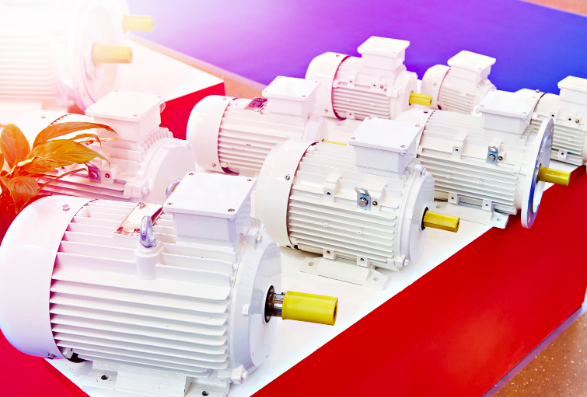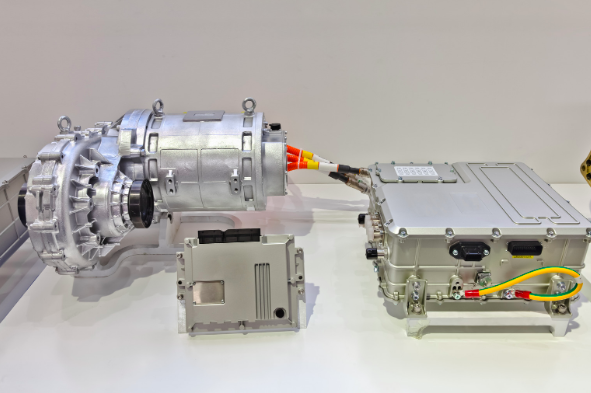Last Updated on November 25, 2022 by mdmtool
Synchronous and asynchronous motors are both types of electric motors, but they operate differently. A synchronous motor turns at a speed determined by the power supply’s frequency, while an asynchronous motor turns at a rate determined by the motor’s load.
The main difference between synchronous and asynchronous motors is that the former relies on electromagnetic induction to create torque, while the latter uses permanent magnets to generate its rotating force. Both types of motors are widely used in industry, but each has advantages and disadvantages that make them more or less suitable for different applications.
What Is A Synchronous Motor?

Synchronous motors are electric motors that rotate at speed determined by the frequency of the power supply. The rotation speed of a synchronous motor is synchronized with the frequency of the power supply.
What is an Asynchronous Motor?

Asynchronous motors are electric motors that rotate at a speed that is not synchronized with the frequency of the power supply. The rotation speed of an asynchronous motor is not synchronized with the frequency of the power supply.
Differences Between Synchronous Motor And Asynchronous Motor

- Use: Synchronous motors are used in constant-speed applications such as clocks, turntables, and electric shavers. While, asynchronous motor are used in variable-speed applications such as fans, pumps, and conveyors.
- Speed: The speed of a synchronous motor is determined by the supply frequency and the number of poles. The rate of an asynchronous motor is determined by the slip between the rotor speed and the stator speed.
- Efficiency: Synchronous motors are more efficient than induction motors.
- Cost and efficiency: Synchronous motors are typically more expensive and require more maintenance than asynchronous motors, but they are more efficient and have better power quality. On the other hand, asynchronous motors are cheaper and easier to operate but are less efficient and have poorer power quality.
- Winding: The constructional difference between synchronous and asynchronous motors is that the former has a DC winding on the rotor while the latter has an AC winding.
- Magnets: The magnets in a synchronous motor are mounted on the stator, whereas in an asynchronous motor, they are mounted on the rotor.
Advantages Of Synchronous Motors
- A high power factor.
- Constant speed over a wide range of load.
- More efficient than asynchronous motors.
Disadvantages of synchronous motors
- Require more expensive rare-earth permanent magnets to operate.
- Require more maintenance than asynchronous motors.
Advantages Of Asynchronous Motors

- Less expensive to operate.
- Require less maintenance.
Disadvantages Of Asynchronous Motors
- Have a lower power factor.
- Variable speed over a wide range of load.
- Are less efficient than synchronous motor.
FAQs
What are the types of asynchronous motors?
There are two main types of asynchronous motors. Single-phase and three-phase asynchronous motors.
Conclusion
There are several critical differences between synchronous and asynchronous motors. Most notably, synchronous motors rely on magnetic fields to generate torque, while asynchronous motors rely on an induction current. As a result, synchronous motors are more efficient and require less maintenance than asynchronous motors. Synchronous motors can operate at higher speeds than asynchronous motors.





